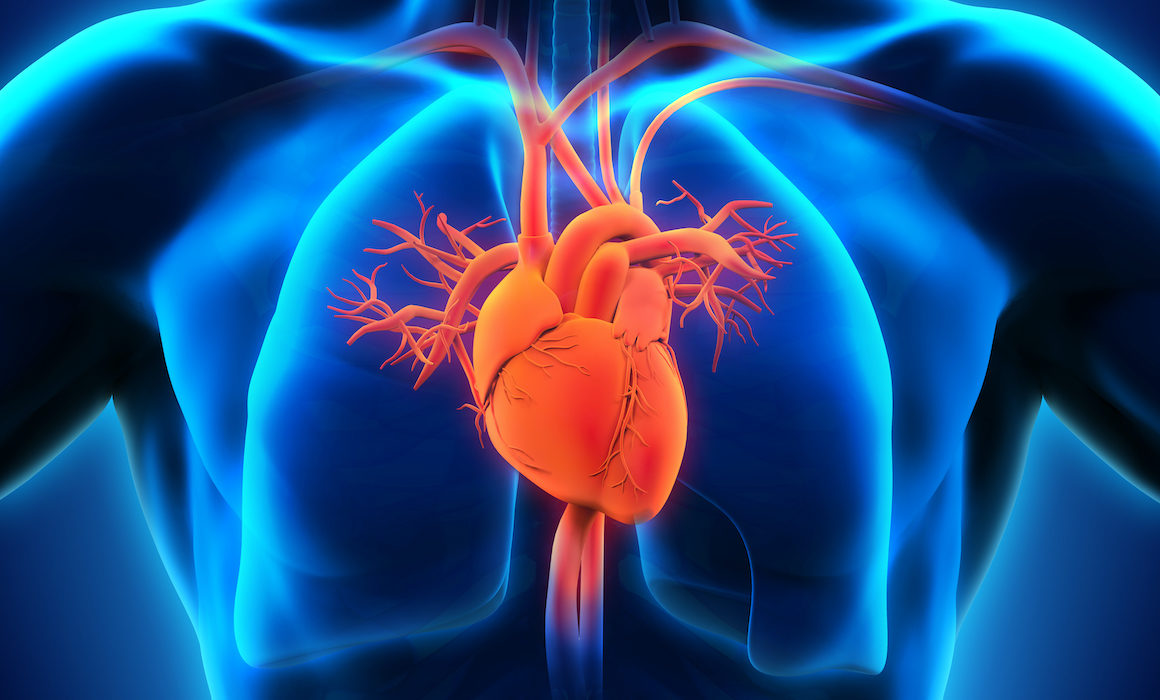Meteoric progress has been made in the world of deep learning and artificial intelligence. Yet there are virtually no medical products on the market that tap into AI’s life-changing potential.
Until now. Professor Yael Yaniv of the Faculty of Biomedical Engineering joined forces with the research groups of Professors Alex Bronstein and Assaf Schuster of the Henry and Marilyn Taub Faculty of Computer Science to develop an AI-based system that analyzes electrocardiograms (ECGs) and automatically detects heart disease.
The electrocardiogram, developed more than a century ago, provides important information on conditions affecting the heart. It is a quick and non-invasive tool, but the printouts must be interpreted by a human cardiologist, introducing subjectivity into the assessment.
The system developed by the Technion researchers analyzes the ECGs using augmented neural networks — the most prominent tool in deep learning today. These networks learn different patterns by training on a large number of samples. The Technion system, for example, was trained on more than 1.5 million ECG segments sampled from hundreds of patients in hospitals in different countries.
The new AI system is more accurate and can detect pathological conditions that human cardiologists are physically unable to see, and the rate of false alarms is negligible. Moreover, the new system explains its decisions using the accepted cardiology terminology. The researchers hope this system can be used for cross-population scanning for the early detection of those who are at risk of arrhythmia. Without this early diagnosis, these people have an increased risk of heart attack and stroke.
The results of the team’s research was most recently published in Proceedings of the National Academy of Sciences of the United States of America (PNAS).


